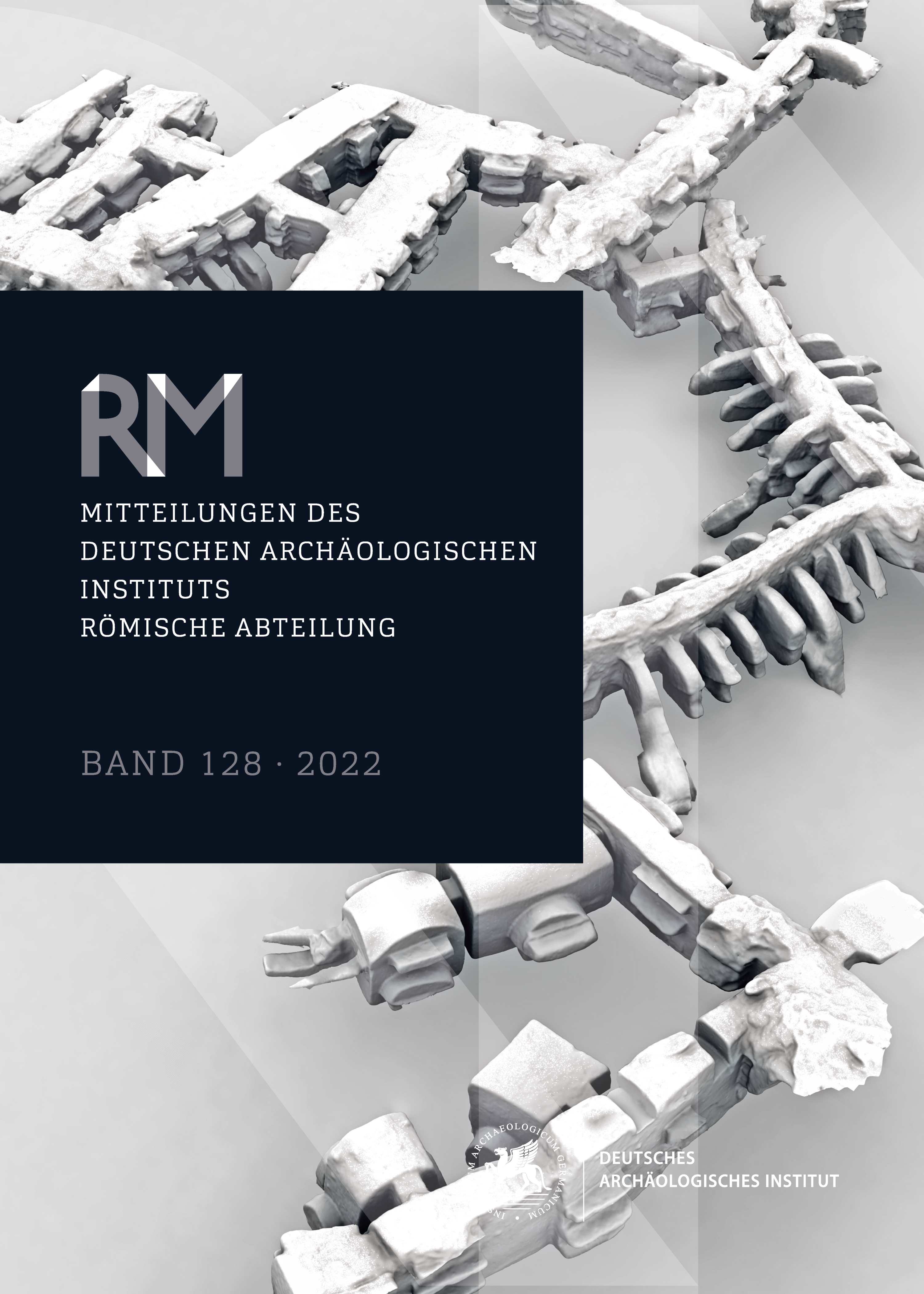Dimenticando i Longobardi.
L’archeologia altomedievale in Italia tra le due guerre (1914–1945)
https://doi.org/10.34780/6anh-3cca
Abstract
In already extant syntheses about the history of Italian medieval archaeology, the interwar period is somewhat neglected. And this despite its importance as a key transitional moment from the origins of the discipline in the 19th century to its (re) foundation in 1974. This study looks at the developments of ‘barbarian archaeology’ in Italy between the two world wars, by investigating protagonists and methods of the research and taking into account the link between cultural heritage, local identity and national politics in Italy and Germany. In so doing, while confirming the lack of interest in Lombard-period discoveries on the part of Italian archaeologists and the fascination exerted by these discoveries on German colleagues, the study sheds new light on the connections of medieval archaeology with two allied fields of study: the archaeology of monuments from the Ostrogoth period and the archaeology and art history from the early Christian age.
Parole chiave:
History of Archaeology, Early Middle Ages, Nationalism, Germany and Italy, Corrado Ricci





